Air Canada, cabin crew union hold first talks since strike began
Canadian Jobs Minister Patty Hajdu has been pushing both parties to return to the negotiating table and reach a collective agreement for workers as soon as possible.
.jpg) Mark Hancock, National President of the Canadian Union of Public Employees (CUPE) which represents striking Air Canada flight attendants, speaks at a news conference in the hotel media room at Toronto Pearson International Airport in Mississauga, Ontario, Canada, August 18, 2025. / REUTERS/Wa Lone
Mark Hancock, National President of the Canadian Union of Public Employees (CUPE) which represents striking Air Canada flight attendants, speaks at a news conference in the hotel media room at Toronto Pearson International Airport in Mississauga, Ontario, Canada, August 18, 2025. / REUTERS/Wa Lone
Air Canada and the union representing 10,000 striking flight attendants were holding early discussions on Aug. 18 night, the union said in a statement, the first such talks in nearly a week.
In a rare act of defiance, the Canadian Union of Public Employees (CUPE) remained on strike even after the Canada Industrial Relations Board declared its action unlawful.
Air Canada's unionized flight attendants walked off the job on Aug. 16 after contract talks with the carrier failed, in a move that disrupted travel plans for hundreds of thousands of passengers.
ALSO READ: Air Canada cabin crews strike for third day as dispute strands passengers
The union is currently in meetings with Air Canada, the country's largest carrier, with the assistance of mediator William Kaplan, in Toronto, CUPE said in a statement on Facebook. The strike is still on and talks have just commenced, it said.
The two sides had not spoken since before the start of the strike.
Earlier, Reuters exclusively reported the two sides were holding talks. A source said there are discussions being held on whether to hold formal mediation, but with the condition that the flight attendants return to work.
Canadian Jobs Minister Patty Hajdu has been pushing both parties to return to the negotiating table and reach a collective agreement for workers as soon as possible.
Air Canada CEO Mike Rousseau on Aug. 18 defended the airline's offer of a 38 percent boost in compensation to striking flight attendants but said there was a big gap with the union's demand and did not offer a path to return to negotiations.
Hours later, minister Hajdu raised pressure on Air Canada, saying she was launching a probe into airline pay and that a negotiated agreement between workers and the company would produce "the best deal."
Hajdu's and Rousseau's comments followed the union's refusal of a federal labor board's order to return to work. That has created a three-way standoff between the company, workers and the government and raised the stakes in a dispute that has disrupted flights for hundreds of thousands of travelers during tourist season.
Unpaid work
Flight attendants want higher wages and to be paid for time spent boarding passengers and other duties on the ground.
They currently are not paid specifically for such work and Hajdu in her comments on X voiced surprise at what she called allegations of unpaid work at the airline, which for months has been in on-and-off contract talks that prominently included the ground pay demands.
"I've ordered a probe into the allegation of unpaid work in the airline sector," said Hajdu, who on the weekend kicked off efforts to force binding arbitration to end the strike.
A leader of the striking union said on Aug. 18 he would risk jail time rather than allow cabin crews to be forced back to work by a federal labor board.
Air Canada CEO Rousseau said the strike was illegal and hurt the airline's customers and brand.
"At this point in time, the union's proposals are much higher than the 40%. And so we need to find a path to bridge that gap," Rousseau said. "We're always open to listen and have a conversation," he said.
CUPE said the strike would continue until the carrier negotiates on wages and unpaid work.
The union has said Air Canada's offer accounts for 17.2 percent higher wages over four years.
Canadian Prime Minister Mark Carney pleaded for a resolution, saying "hundreds of thousands of Canadians and visitors to our country are being disrupted by this action."
A domestic tourism boom has helped limit the economic damage from tariffs imposed by Canada's biggest trade partner, the United States.
The stoppage extended into a third day on Monday, stranding passengers and forcing Air Canada to suspend its third-quarter and full-year 2025 guidance, sending shares down nearly 3 percent. The airline was already struggling with lower profit due to fewer bookings to the United States.
The carrier normally carries 130,000 people daily and is part of the global Star Alliance of airlines.
Disruptions
While passengers have largely expressed support for the flight attendants, some are growing weary of the uncertainty.
Danna Wu, 35, said she and her husband will have no choice but to drive from Winnipeg to Vancouver if the strike persists for a visa appointment. Although she believes Air Canada should pay its attendants more, the University of Manitoba master's student added, "It’s not responsible to strike and leave thousands of passengers in such chaos."
The Air Canada flight attendants' demands on unpaid work follow gains recently won by flight attendants in the United States, including at American Airlines and Alaska Airlines.
The government's options to force an end to the strike include asking courts to enforce the order to return to work and legislation.
The previous Canadian government intervened last year to head off rail and dock strikes that threatened to cripple the economy, but it is highly unusual for a union to defy a CIRB order.
ADVERTISEMENT
ADVERTISEMENT
E Paper
Video




 Reuters
Reuters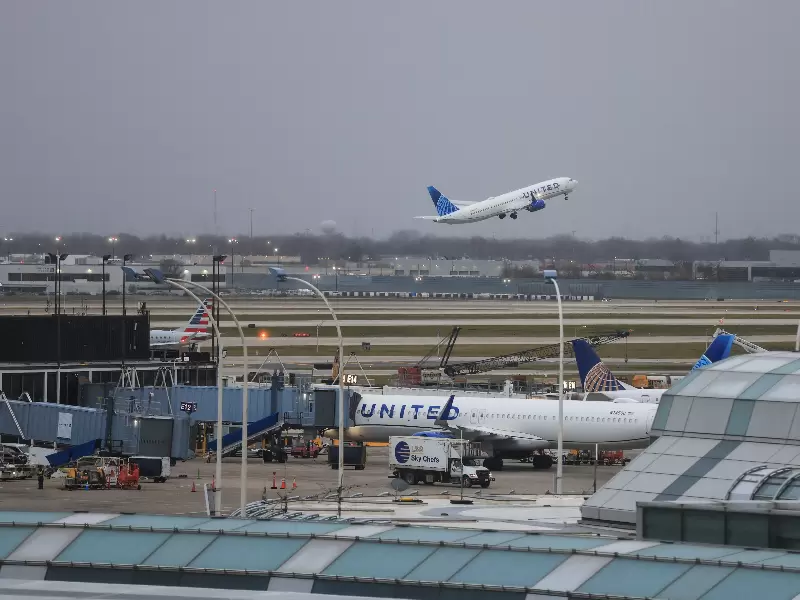

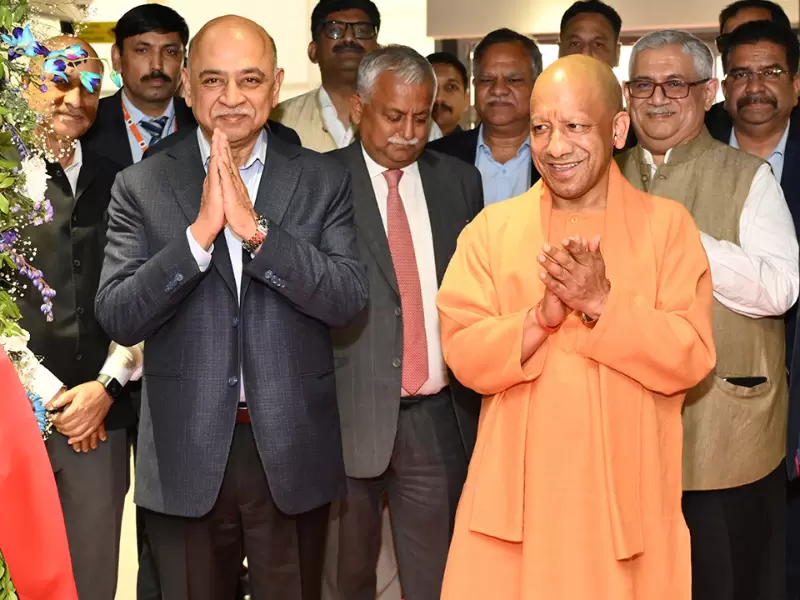
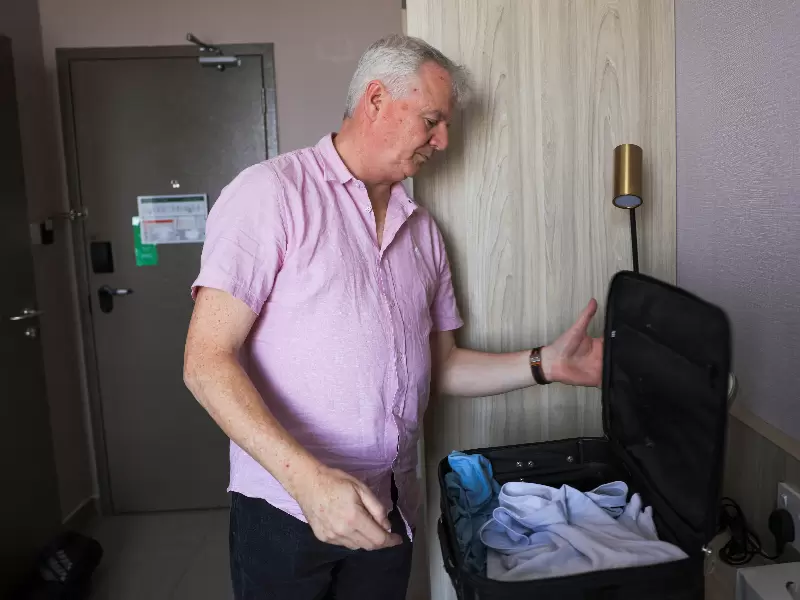

.JPG)
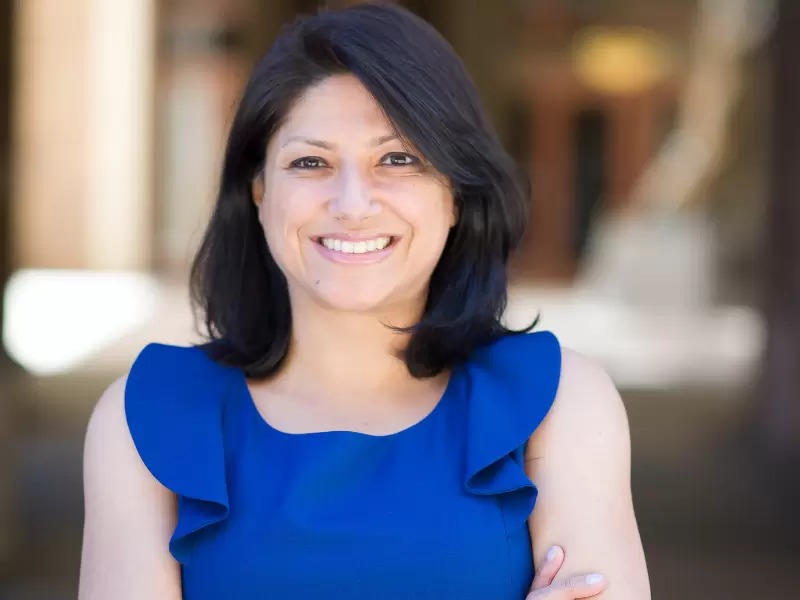
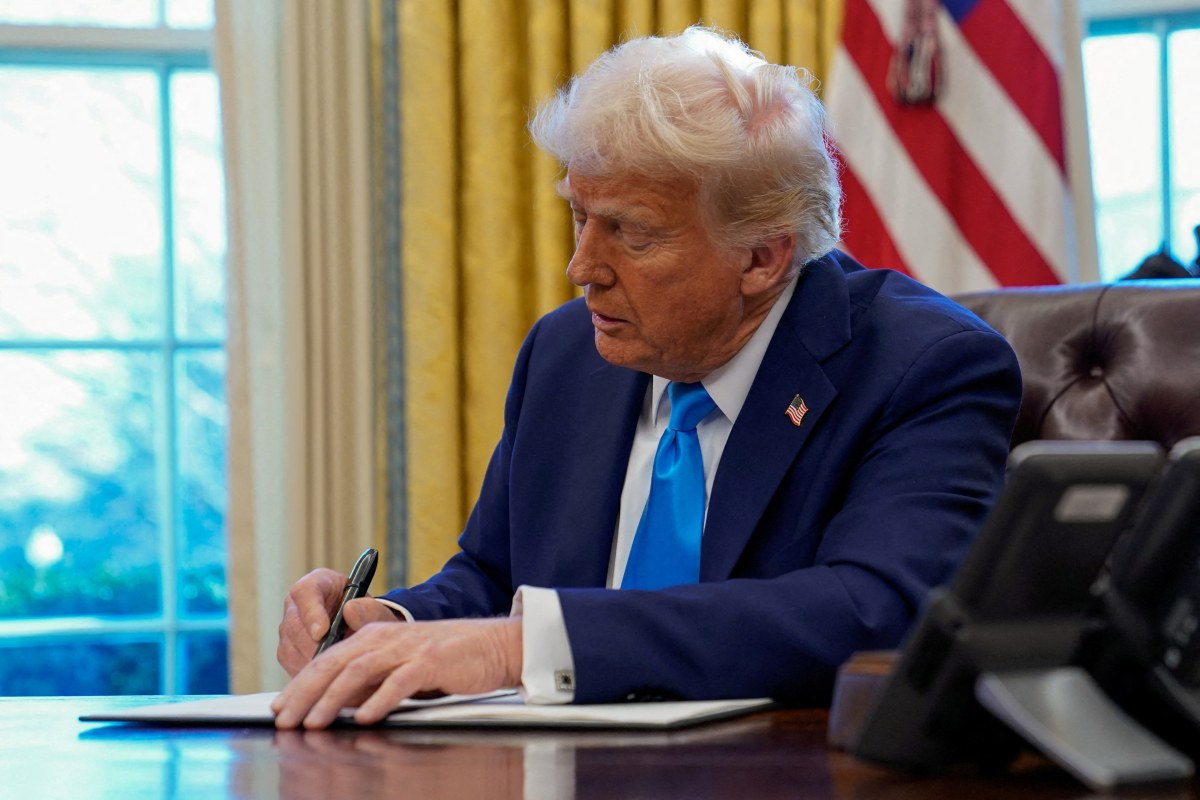


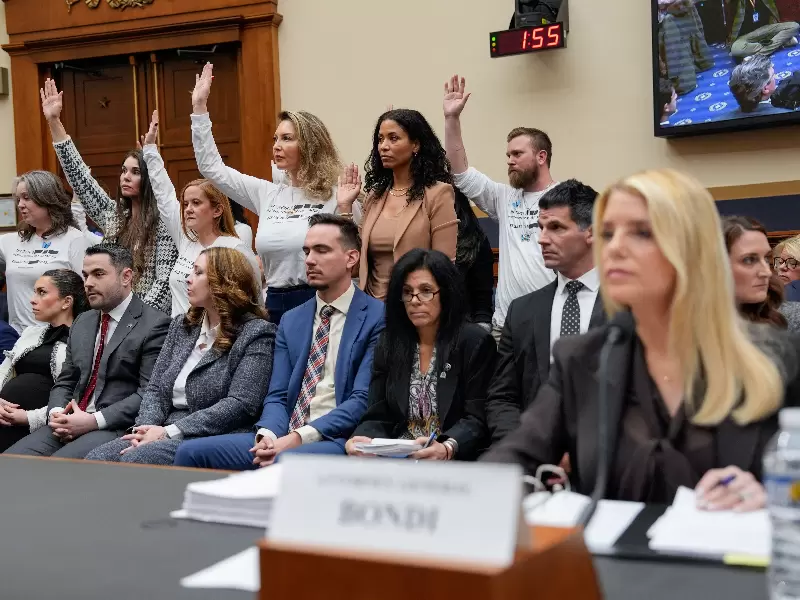
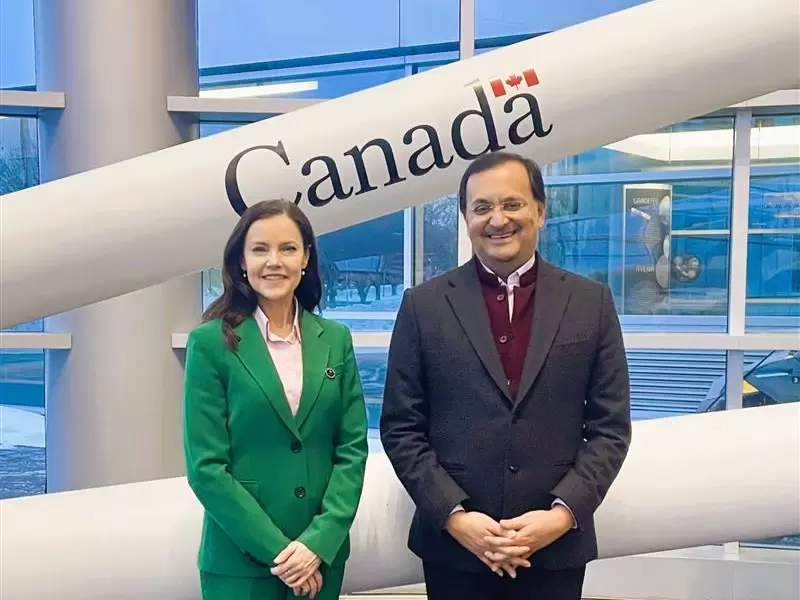


Comments
Start the conversation
Become a member of New India Abroad to start commenting.
Sign Up Now
Already have an account? Login